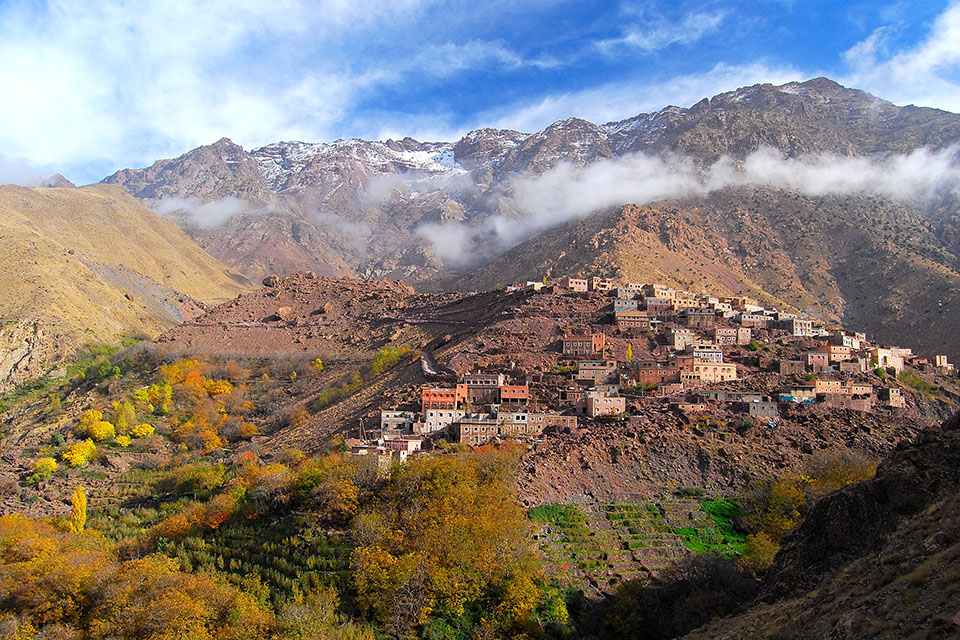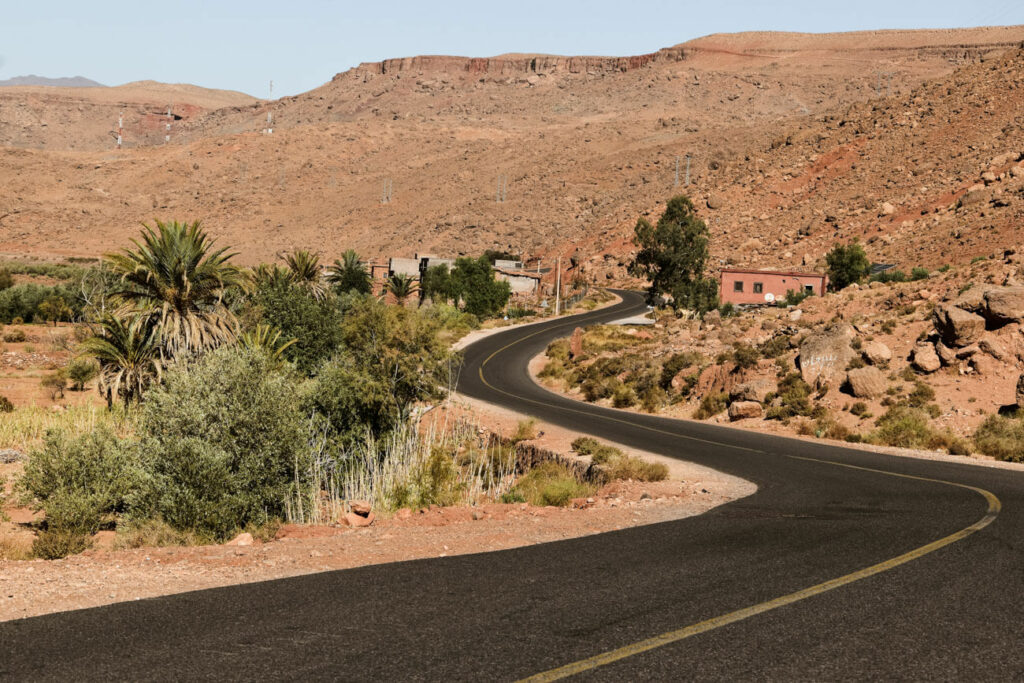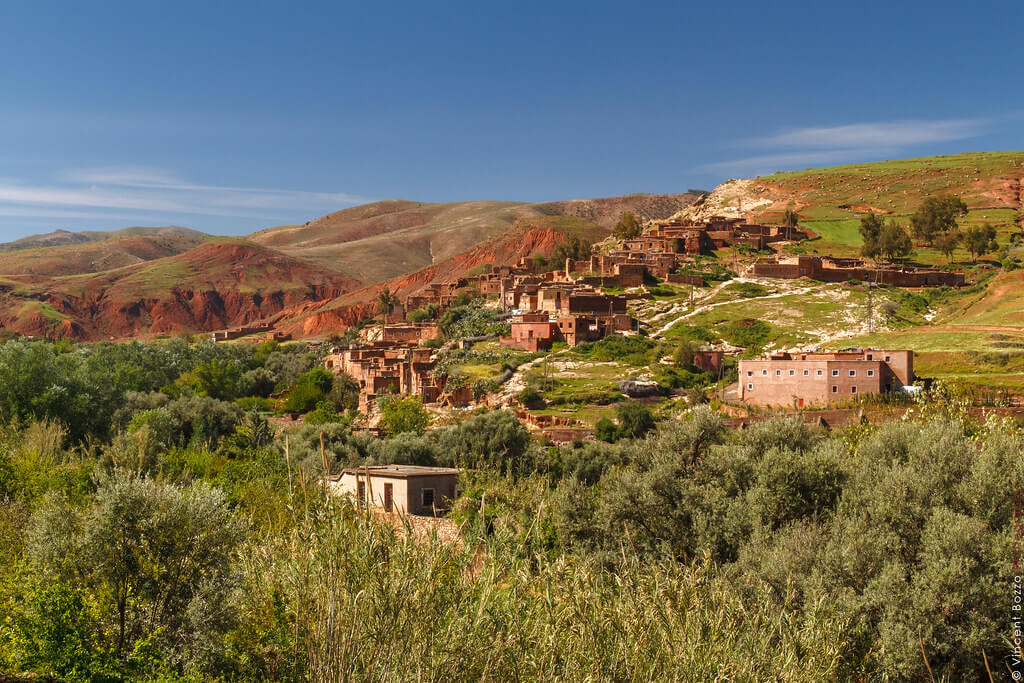Morocco is a country known for its vibrant cities, and it’s so big that you don’t want to miss any of it. Renting a car in Morocco is the best way to explore the country at your own pace. With a rental car, you can easily check out Morocco’s colorful cities, amazing waterfalls, and all the must-see spots.
As a Moroccan girl, I know everything about my country and what’s best for you. That’s why I’m here to advise you and warn you about what to avoid. In this article, I’ll share my personal experience and give you all the essential information you need to know about renting a car in Morocco.
Do I have to Rent a Car in Morocco?
Generally, I recommend that travelers rent a car when visiting Morocco. It is going to make your travel experience in the country much easier. Renting a car gives you access to the best spots in Morocco like Ait Benhaddou, ouirgane valley. A car will not only save you time but also spare you from relying on public transportation, giving you freedom to discover every corner of Morocco comfortably.

Documenting the Car’s Condition Before Renting
This is my number one tip when renting a car in Morocco. It is recommended, and even necessary, to take photos of the car at the rental location before accepting it. This ensures that the condition in which you return the car is the same as when you received it.
For example, the agent may notice scratches on the car when you return it, but those scratches could have been there before, and the agent might not have noticed them. In this case, you can show the photos taken before you received the keys.
It’s also a good idea to record a video documenting the car’s condition and inform the agent of any damages, such as scratches or dents, on the vehicle’s body. Don’t forget to report any issues, like torn seats or faulty components, to the rental company.
Rental Car Insurance in Morocco
When renting a car in Morocco, it’s important to check what insurance the rental company offers and understand the steps to follow in case of an accident or theft. Don’t forget to learn about the basic liability insurance included in your rental. It’s the basic coverage, but it’s important to know what it covers and what it doesn’t.
Consider getting “franchise buyback” insurance from the rental agency. It’s an extra layer of protection that can save you money, especially if the car gets damaged. Also, check what’s included in the comprehensive insurance package. Some options cover things like glass and tire damage, giving you more protection.
Pay Attention to Extra Costs and Fuel Policy
Before hitting the road in Morocco, it’s important to know about extra costs and the fuel policy. Understand how the rental company handles fuel. Ask if you need to return the car with a full tank, or if it’s okay if it’s not. Knowing this ahead of time helps you plan and avoid unexpected charges.
Also, take note of the prices for extras like baby seats, luggage racks, and GPS. It’s usually cheaper and more convenient to add these items when you book the car rather than at pickup.
Read the Contract Carefully Before Signing
This may sound obvious to you but I have to say it. While the agency takes care of the client and ensures their safety in every way, some agencies may resort to tricky methods to increase profits legally (though deceptively).
Therefore, I advise you to read every line, every word, and every letter of the rental agreement. Don’t hesitate to ask about any sentence or clause you don’t understand. Only sign when you are sure you fully understand the entire contract.
Pay Attention to the Variables That Affect Car Rental Price
Several factors can affect the price when you rent a car in Morocco. For instance, the car’s power (horsepower) can increase the annual tax, which will raise the rental cost.
Other things to consider are the type of car (sports, family, 4×4, etc.), the year of manufacture, and the brand. Also, automatic cars are always expensive, but still you can opt for a manual one if you want. These all affect the price you’ll pay for the rental, so be sure to keep them in mind when booking.
One more thing: return the car to the same agency where you picked it up, or you may face an extra fee.
Respect the Return Time Stated in the Contract
Another thing, returning the car later than agreed can lead you to extra charges, as rental companies may bill you for an additional day. Before returning the car, check the rental agency’s closing hours to avoid any issues.
Fuel Policies During Vehicle Return
Check if you’re required to return the car with a full tank of fuel. Some rentals have this policy, while others might have different arrangements. If the agreement requires a full tank, make sure to refuel the car yourself before returning it to avoid extra charges.
Documents Required for Renting a Car in Morocco
Make sure to present a valid driving license that matches the name on your credit card for verification. If you booked your car rental online, keep your reservation number ready to make the pickup process smoother.
Note: it’s illegal to give your passport to the agency, as it’s the only mean by which you identify yourself in the Moroccan territory.
Car Rental Deposit
I recommend paying the deposit online when renting a car before coming to Morocco, as some agencies may scam tourists by keeping their card details.

The deposit acts as a security measure for the rental company, covering any potential damages while you’re using their car. They usually use pre-authorization, which is a temporary hold on your credit card—not an actual charge—to ensure the funds are available.
The deposit amount varies but is often between €1,000 and €2,000. If you’re renting from a local company on-site, they may be more flexible. You might be able to negotiate a smaller deposit, or in some cases, they could even accept cash.
Speed Limits in Morocco

When driving in Morocco, keep your speed at a maximum of 60 km/h in towns and cities. On open roads and expressways, a steady 100 km/h is ideal for a smooth and relaxed journey outside urban areas. For highways (Autoroute), you can go up to 120 km/h, enjoying the open road while staying within the speed limit.
Tip: Morocco’s road police are always ready to assist foreign tourists. Don’t hesitate to approach them if you ever need help.
Nighttime Driving
It may seem fun but avoid driving at night in Morocco, as many roads don’t have streetlights or clear markings, making it hard to see. Potholes can also be difficult to spot, which might put your safety and vehicle at risk. you may encounter different unexpected obstacles.
Like I said before, dogs, pedestrians, donkeys, or carts, all can appear out of nowhere in your way, be extra cautious. Additionally, vehicles moving under 20 km/h are legally allowed to drive without lights, which can be surprising and dangerous.
Legal requirements for car rental in Morocco
In Morocco, renting cars isn’t well-regulated, and there aren’t clear laws to organize the industry. As I mentioned before, some car rental agencies will ask you for your passport as a warranty, which is considered illegal because no one has to ask you about your passport except authorities.
To rent a car i Morocco, all you need is your driving license from your home town, credit card, passport (to identify yourself but not to be held until you return the car).
